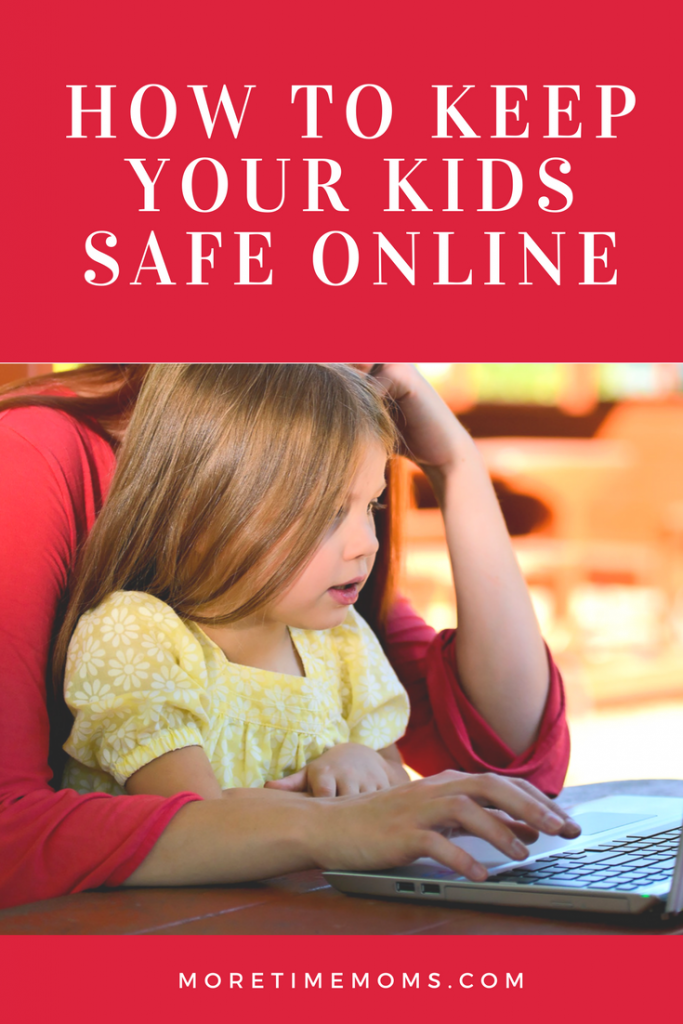How to Keep Your Kids Safe Online
 The internet has become an indispensable tool in modern times and that goes for kids as much as for adults. Younger children are introduced to it as a resource for studying and entertainment, while older kids use it to keep up with friends, express themselves, and pursue their passions.
The internet has become an indispensable tool in modern times and that goes for kids as much as for adults. Younger children are introduced to it as a resource for studying and entertainment, while older kids use it to keep up with friends, express themselves, and pursue their passions.
With all that the net has to offer, it’s important that parents take the time to give their kids a good start online. That way, they can avoid the worst of it—harmful content, scammers and criminals, and illicit surveillance—and make the most of its benefits.
While each family will have its own approach to online activities, here are a few things you can consider in how to keep your kids safe online:
Offline Guidance
The best online safety starts with good offline guidance. This covers how you fit online activities in with the rest of life. It includes regulating time spent online, how kids go online, and even where in the house computers are located. Younger children should always be supervised while using the internet. Putting networked computers in the living room, study, or similar space makes this easier.
As your kids grow more familiar with the internet, continued guidance will be important. Eventually, it may be less about keeping tabs on them and more about providing advice and proper perspective. The internet can be a deceptive and cruel place, filled with con artists and bullies, so it’s important to teach kids to be cautious but also kind—this will make for a better online environment in the long run.
Screening Content
There are a lot of tools available for screening inappropriate content. Kid-friendly browsers and search engines are great for younger children who are new to the internet, and there are many options out there that cater to different age ranges. If you’re looking to regulate content for older kids, you may want to use the built-in restrictions on browsers or use parental control software. Some internet service providers (ISP) provide content screening as well.
Not all content goes through browsers though. If you subscribe to streaming services, check if they have parental controls or a rating system. If your kids are into video games, you should also familiarize yourself with the relevant rating systems and the platforms they use to play games.
Keeping Threats Out
Sometimes, the problem isn’t the content your kids might get to—it’s who or what might get to your kids. Unsavory characters and malicious software are all over the internet, so it’s important to have proper security software.
Most major operating systems come with built-in security software: antiviruses and anti-spyware. As long as you keep these up-to-date, they’re pretty reliable on their own. However, if you’re not too confident in the built-in protection, there are several free or paid security programs to choose from.
Meanwhile, your best bet for online privacy—protecting your personal information and messages safe from prying eyes—is using a virtual private network (VPN). A VPN creates an encrypted tunnel between your devices and a server or endpoint that the VPN provider controls. This protects all data coming into or out of your device. A VPN also effectively changes your IP address, making it more difficult for third parties to track you.
Of course, the best way to keep your kids safe is to give them the means to do so. Educate them on online safety and etiquette as they grow up and help them make good decisions online. Soon, you might even find that they’ll be the ones giving you advice on online security.
By Chris San Filippo
Chris San Filippo is a part of the marketing team at Hotspot Shield, one of the top ranked VPNs in the world. Hotspot Shield has over 500 million downloads and has helped users from over 200 countries fight for net neutrality and against censorship. Chris’s work has helped Hotspot Shield earn features in publications like Forbes, Bloomberg, and The Wall Street Journal. In addition to his job with Hotspot Shield, Chris also blogs about web security, cryptocurrencies, and social media trends.

Leave a Reply
Want to join the discussion?Feel free to contribute!